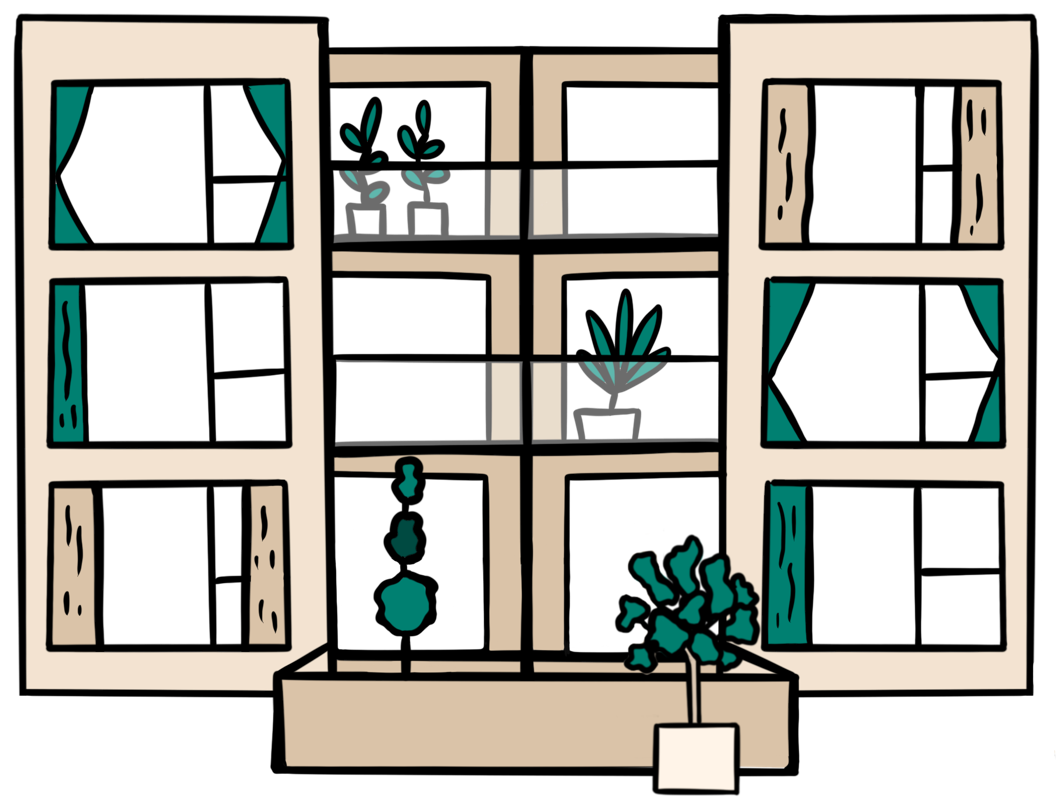Selling a leasehold property involves a few extra steps compared to a freehold sale, but don't worry – we'll guide you through the leasehold sale process step by step. Here's a comprehensive overview of how to sell a leasehold property:
- Get approval: First up, you might need to get approval from the freeholder or their management agent for the lease transfer. Expect to pay some admin fees for the freeholder to complete the LPE1 form.
- Gather key documents: Before marketing the property, gather all critical leasehold documents. This includes the lease agreement, recent ground rent statements, and service charge accounts – essential documents for selling a leasehold flat.
- Find an estate agent: Contact a few of them and get a few valuations before choosing your preferred option.
- Check your lease term: Check the remaining lease term carefully. If it's getting short (especially under 80 years), consider extending the lease before selling, as this can significantly impact the property's value and saleability.
- Choose an experienced conveyancer or solicitor who specialises in transferring ownership of a leasehold property and understands the unique complexities of leasehold transactions.
- Hit the market: Market your property and secure an offer. Once the property is under offer, the formal sale process begins.
- Be responsive: When you find a buyer, be prepared to respond to queries and provide a comprehensive leasehold management pack alongside standard seller's forms. The freeholder of your lease will charge for this documentation.
- Exchange contracts, making the property transaction legally binding.
- Complete: Reach completion day, when the sale is finalised, keys are released, and the buyer becomes the new legal owner.


